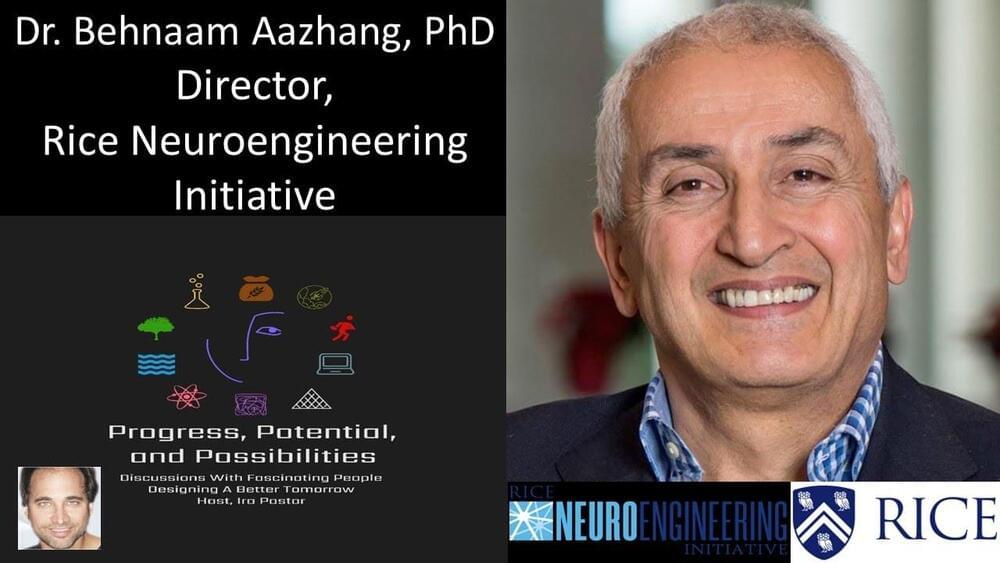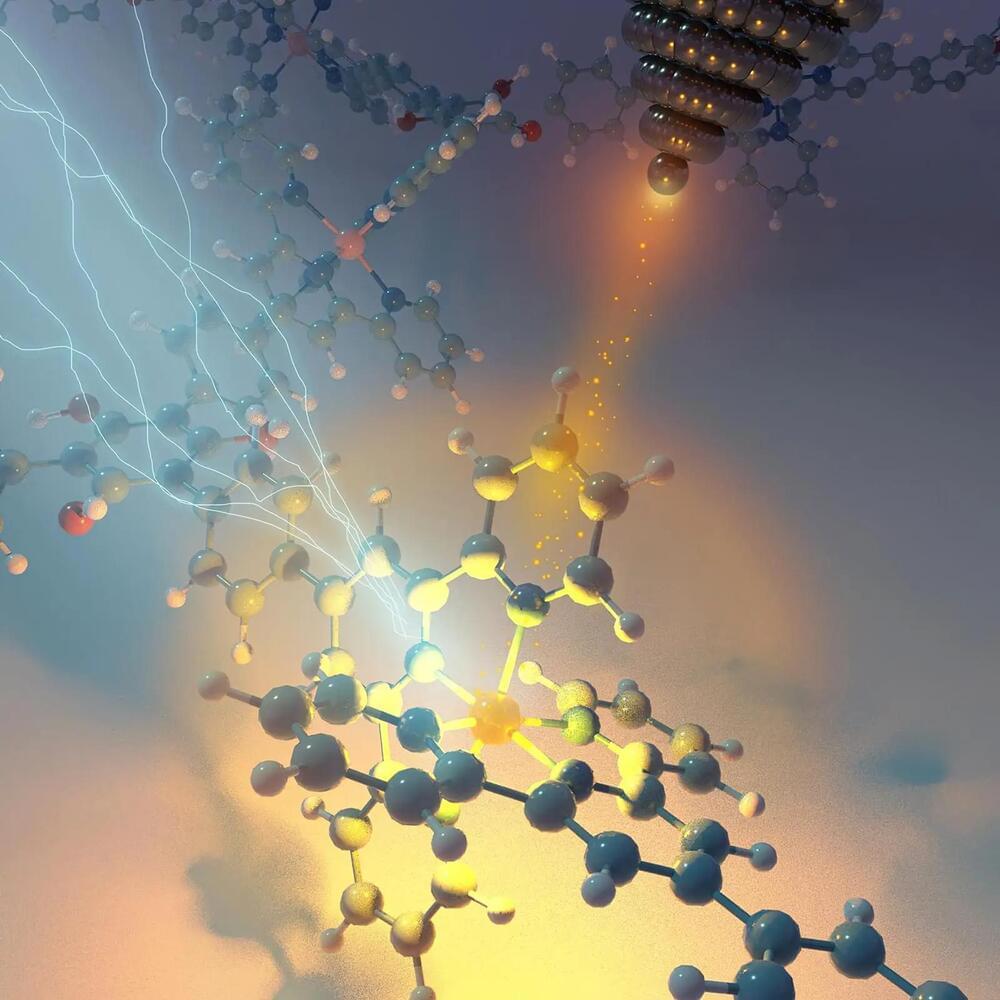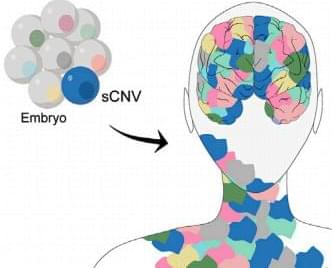Jul 6, 2023
Dr. Behnaam Aazhang, Ph.D. — Director, Rice Neuroengineering Initiative (NEI), Rice University
Posted by Ira S. Pastor in categories: biotech/medical, computing, engineering, information science, neuroscience, security
Restoring And Extending The Capabilities Of The Human Brain — Dr. Behnaam Aazhang, Ph.D. — Director, Rice Neuroengineering Initiative, Rice University
Dr. Behnaam Aazhang, Ph.D. (https://aaz.rice.edu/) is the J.S. Abercrombie Professor, Electrical and Computer Engineering, and Director, Rice Neuroengineering Initiative (NEI — https://neuroengineering.rice.edu/), Rice University, where he has broad research interests including signal and data processing, information theory, dynamical systems, and their applications to neuro-engineering, with focus areas in (i) understanding neuronal circuits connectivity and the impact of learning on connectivity, (ii) developing minimally invasive and non-invasive real-time closed-loop stimulation of neuronal systems to mitigate disorders such as epilepsy, Parkinson, depression, obesity, and mild traumatic brain injury, (iii) developing a patient-specific multisite wireless monitoring and pacing system with temporal and spatial precision to restore the healthy function of a diseased heart, and (iv) developing algorithms to detect, predict, and prevent security breaches in cloud computing and storage systems.


















